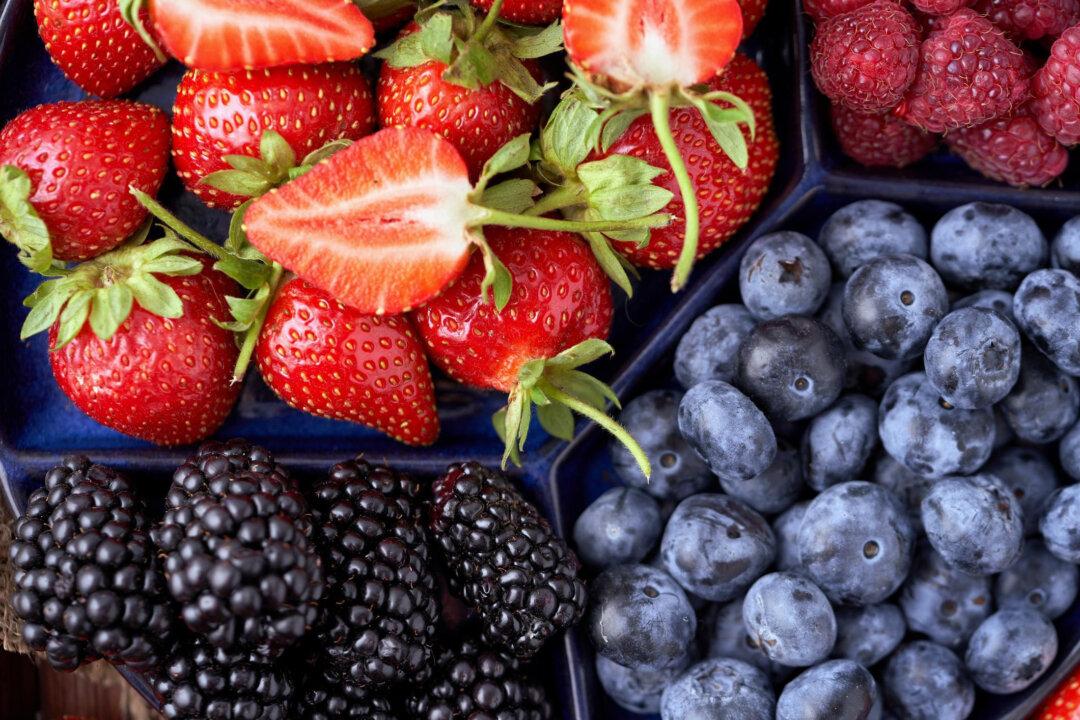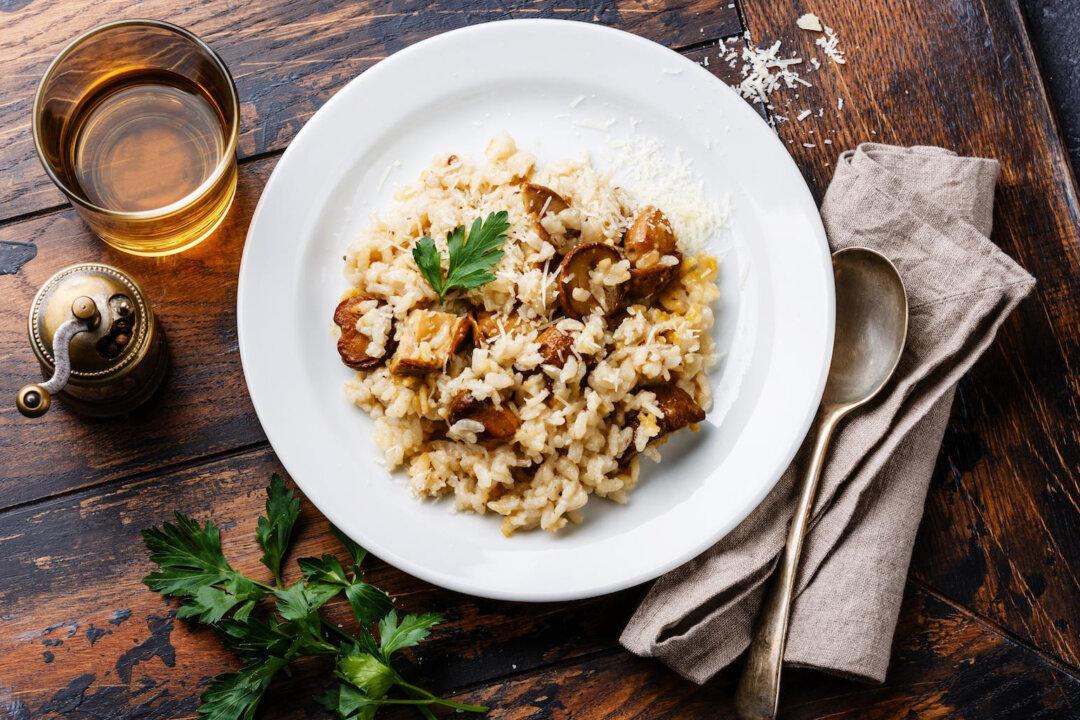Good for your heart and good for your mind, strawberries, blackberries and raspberries add color to your plate and brighten up your day. Yet, in a botanical sense, strawberries, blackberries and raspberries are not actually berries.
To understand the discrepancy, here’s what makes a fruit a fruit in the first place. Fruits are the edible reproductive body of a seed plant. They grow on a plant from the ovary and aid in getting its seeds out into the world.





